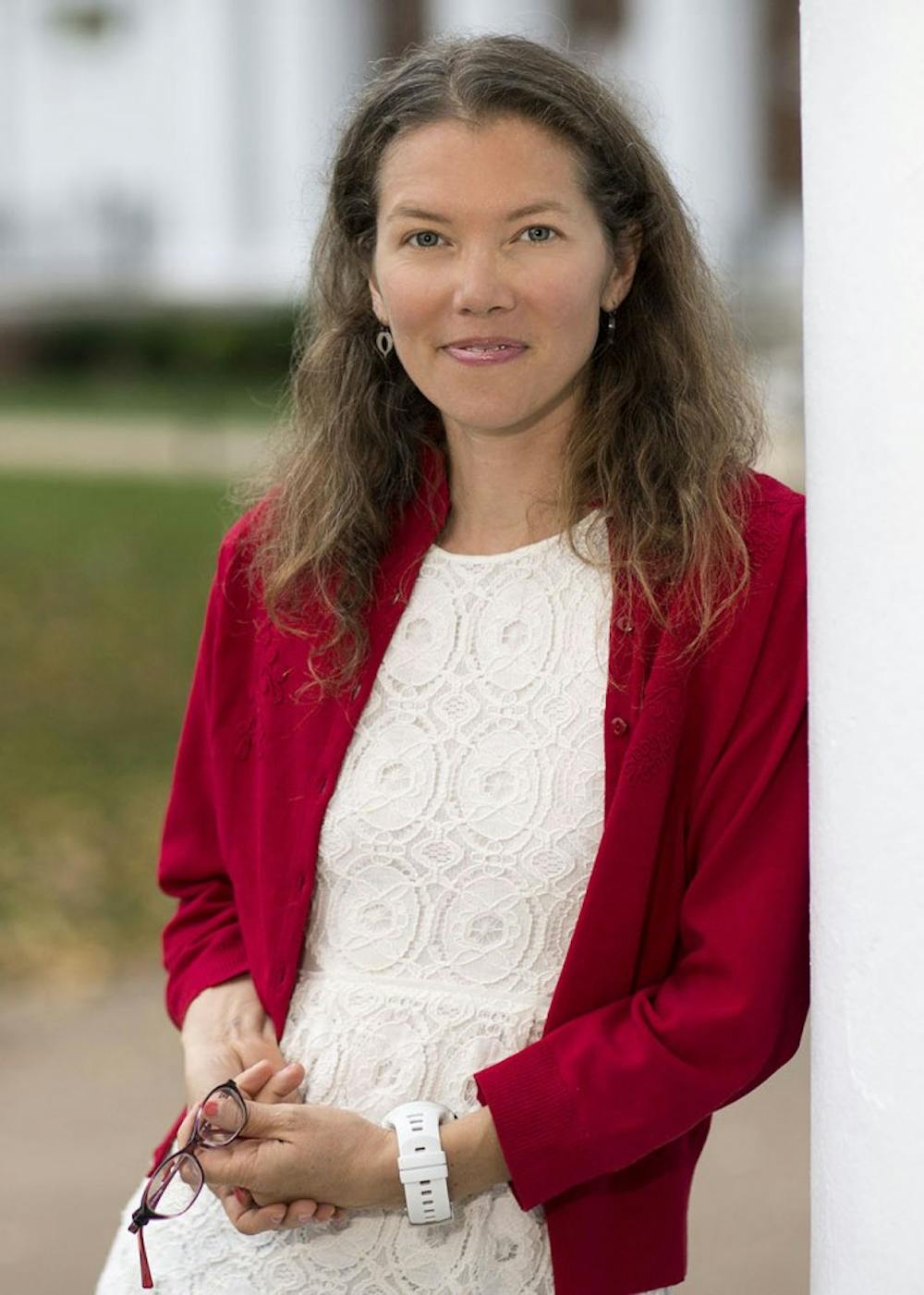The University’s International Studies Office, in partnership with the Global Development Studies Program and the Department of Anthropology, hosts a seminar series titled CORE — Cultural Orientation, Reflection and Engagement.
The program began in Spring 2011 with two courses and has grown to include seven seminars. It is designed to complement a student’s study abroad program by teaching concepts such as culture, cultural differences, and cross-cultural engagement. CORE Director Catarina Kranzcic said cultural experience includes the life surrounding what one is studying.
“There has been the old model of study abroad that the idea was the way people would learn cultural differences and new languages was if you just immerse them,” Kranzcic said.
Kranzcic compared the theory to throwing people in the deep end of a pool and expecting them to swim because they don’t want to drown. Recent research and observation suggest this old model only works for some people, and a more effective route is engaging in guided mentored discussion on cultural experience.
“CORE was created to follow what looks like does work which is to have a mentored conversation about all the other [everyday] life stuff going on,” Kranzcic said.
Kranzcic said studying abroad can be a stressful experience to many students who don’t know what to expect. One of the goals of the program is to help students become accustomed to different cultures and lifestyles. CORE Seminar Instructor Whitney Bevill addressed culture shock in her seminar, and described her own experiences to attendees.
“I remember how hard it was to get over culture shock and think through different things and not let that change me on an emotional level,” Bevill said. “It’s important for students that go abroad to be prepared to basically have their world turned upside down.”
Bevill said it was important to take moments of culture shock and turn them into positive insights.
“Take an instance of when you were surprised or shocked or embarrassed by something overseas and think about how you can turn that into a learning experience,” Bevill said.
The program is broken down into three series of seminars — pre-departure, during abroad and life after abroad. Each category includes a variety of seminars, from “Making and Unmaking Stereotypes” to “Culture Shock [to] Cultural Insight.” Students may attend as many or as few seminars as they choose.
Kranzcic said the curriculum was developed by working with students.
“It’s a really hands on practical life skills curriculum … taking [the] idea of culture and how … that help[s] you in your life,” Kranzcic said.
Kranzcic also said she commended the instructors of the CORE courses, even though they are not they are not the most prominent faculty members, but rather the next generation.
“Here at U.Va. we have such a large graduate school and students [who] are gifted class instructors, so we recruit for instructors who are passionate and really enjoy teaching in an interactive way,” Kranzcic said.
The CORE seminar instructors combine research from their field of study with useful techniques to help students transition to life abroad.
CORE Seminar Instructor Julie Starr said her work for her Ph.D. in anthropology interested her in the program.
“Being an anthropologist is most of what interested me in cross-culture interaction,” Starr said. “What I go into is all the different information that we’re communicating while we’re talking and engaging with one another.”
CORE Seminar Instructor Thomas Talhelm, a social psychology Ph.D., said he wants to use his background in social psychology and his personal experience abroad to help students process their experiences abroad.
“There is a lot of psychology research that can be used to help people going abroad both emotionally and cognitively,” Talhelm said.
For students studying abroad, the CORE seminars are optional, but can be taken for credit. The program will start a pilot course this year in which a small group of students going abroad over the summer receive two credits in taking seminars before the departure, completing assignments while abroad and attending more seminars upon return.
“The best time to really process this stuff is while you’re abroad and after you get back … Until it’s happened to you it’s an abstract idea,” Kranzcic said. “Coming back that’s the point where you can really stand back and say what did I get from this and what did I learn [when] you’re not under the stress of being in a place and trying to perform in a different academic setting.”
She said completing the whole sequence allows the program to take on more meaning for the student participating.







